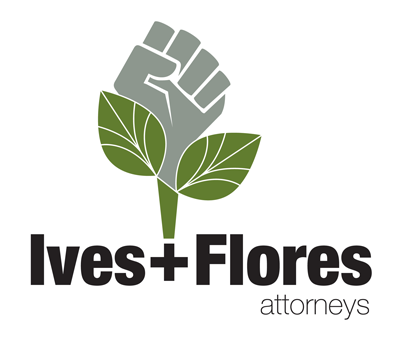The Fourteenth Amendment is one of the most essential parts of the U.S. Constitution from a civil rights perspective. Along with establishing the right of every American to due process, the amendment contains the Equal Protection Clause. This clause has dramatically impacted individual rights in this country since the Fourteenth Amendment became part of the Constitution in 1868.
The Equal Protection Clause requires state and federal governments to treat each individual the same way. This is especially important in the area of civil rights, such as alleged racial discrimination in hiring or education and the right of same-sex couples to marry. Though the Fourteenth Amendment originally applied only to state governments, courts have recognized that it applies to the federal level too through the Fifth Amendment’s Due Process Clause.
Defending your Equal Protection rights at trial
A challenge to a law or government action under the Equal Protection Clause must start with proving that the government discriminated against the plaintiff somehow and that the plaintiff suffered harm as a result. Note that this alone does not mean you win your lawsuit because the government is allowed to treat individuals differently in certain circumstances. It then becomes the court’s job to determine if the unequal treatment was justified by exceptions found in judicial precedent.
Depending on the type of discrimination alleged, the court might use one of three methods: strict scrutiny, intermediate scrutiny, and rational basis scrutiny. Strict scrutiny is the toughest level of review. It requires that the government have a “compelling interest” in passing the discriminatory law and that the law be narrowly tailored to achieve that interest. The other two methods are less strict against statutory discrimination.
Defending your Equal Protection rights in court usually involves complex litigation. An experienced civil rights attorney can help you make your case much more strongly.
